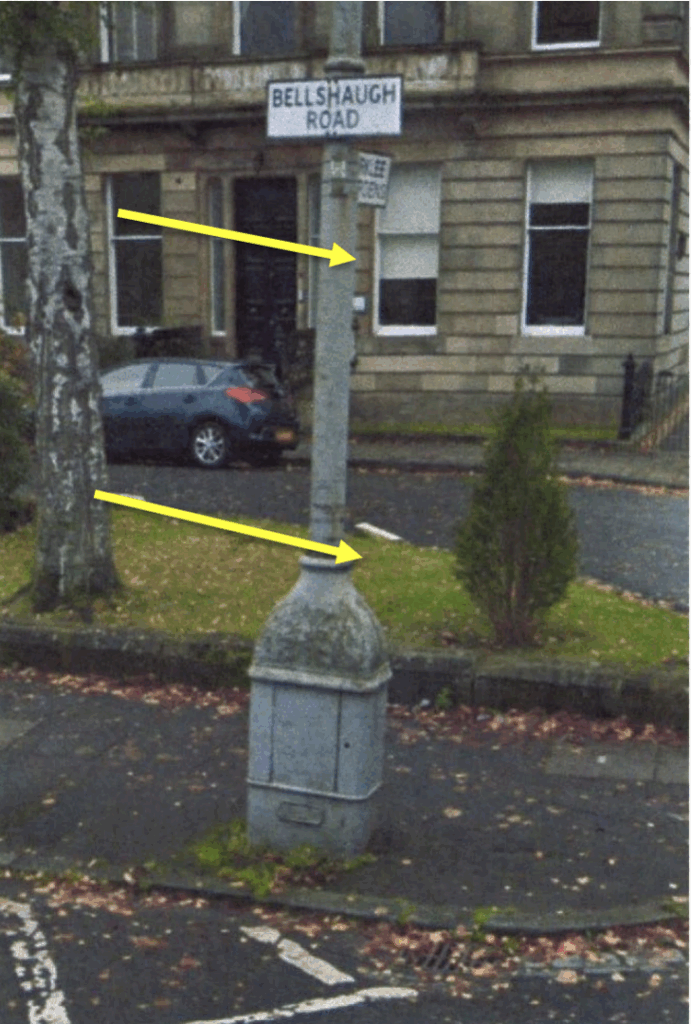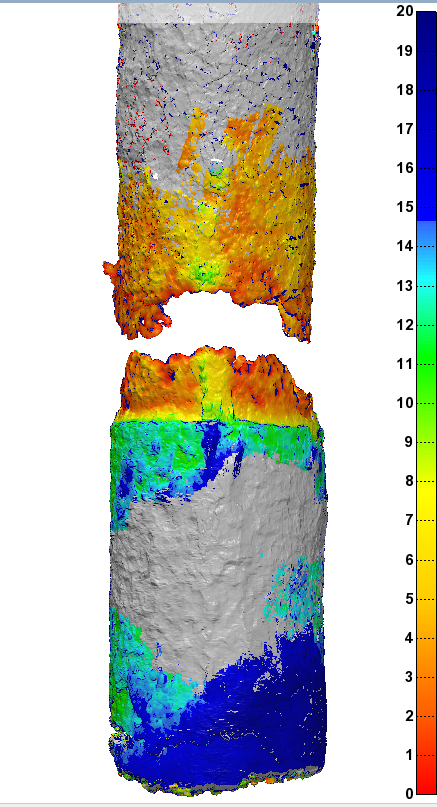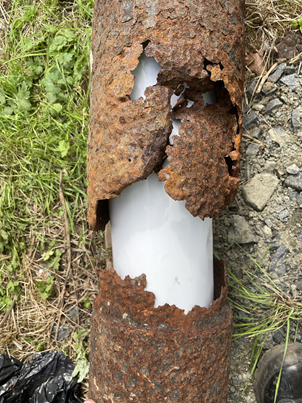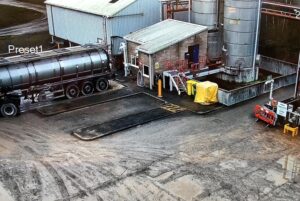Graham Farrant appointed to HSE Board
Sir Stephen Timms, Minister of State, has confirmed the appointment of Graham Farrant as a new non-executive director on the board of the Health and Safety Executive (HSE).
Graham will bring a wealth of experience from local government and public sector to help HSE continue to deliver its mission: Protecting People and Places.
On his appointment, Sarah Newton, HSE Board Chair, said:
“I am delighted that Graham Farrant will be joining us on the HSE Board. I’m looking forward to welcoming Graham into our team of effective and committed non-executive directors focused on enabling the delivery of HSE’s vitally important mission, vision and ten-year strategy.”
Graham Farrant

Graham has worked over 47 years in or for local government and the private sector, including 25 years as a Chief Executive.
From January 2019, Graham was the Chief Executive at Bournemouth, Christchurch and Poole (BCP) Council, until he retired in August 2025. He formed one of the most complex piece of local government reorganisation in the country for 40 years, absorbing services from Bournemouth unitary authority, Poole unitary authority, Christchurch district council and Dorset County Council.
Prior to joining BCP Council Graham was Chief Executive and HM Chief Land Registrar, running HM Land Registrar. Before that he was the Chief Executive of Thurrock Council; the London Borough of Barking and Dagenham (twice); Brentwood Council; private equity-backed leisure operator Leisure Connection; and national business and sports consultancy pmpgenesis. He first qualified as an Environmental Health Officer working at Westminster City Council and has a degree in Environmental Health and a Master’s Degree in Environmental Pollution Science, alongside a masters-level qualification in Executive Coaching.
Graham replaces Martin Esom, first appointed in 2017, who is due to step down from the Board in March 2026.
About HSE
- The Health and Safety Executive (HSE) is Britain’s national regulator for workplace health and safety. We prevent work-related death, injury and ill health through regulatory actions that range from influencing behaviours across whole industry sectors through to targeted interventions on individual businesses. These activities are supported by globally recognised scientific expertise. hse.gov.uk.
- HSE is an Executive Non-Departmental Public Body sponsored by the Department for Work and Pensions (DWP).




